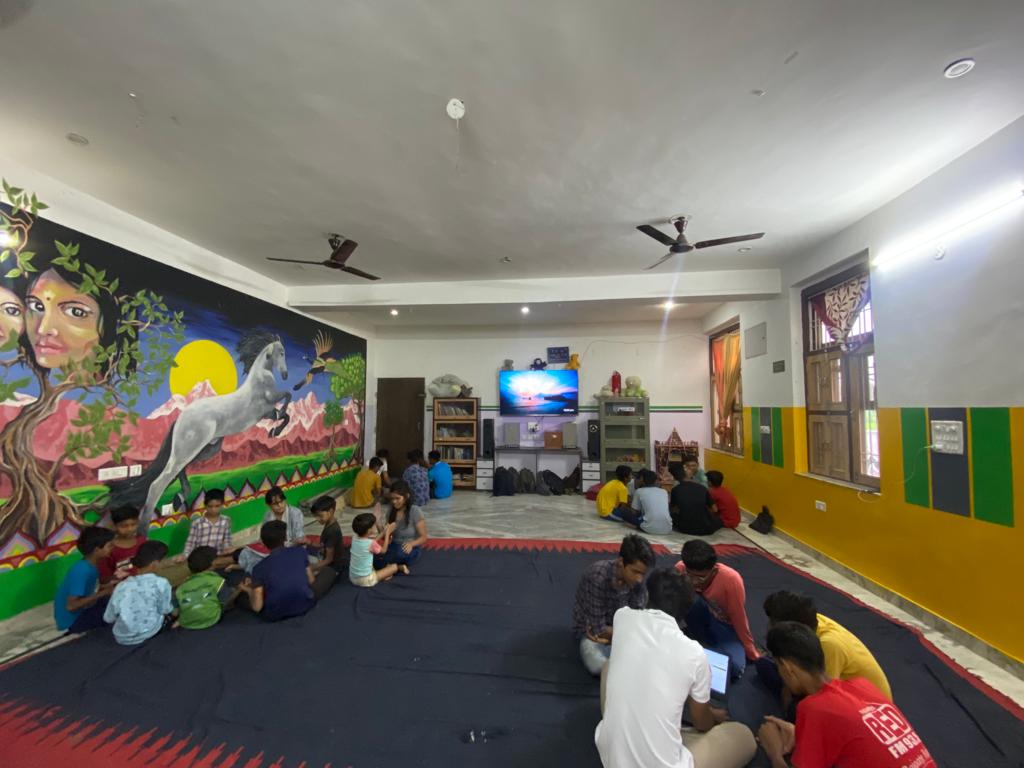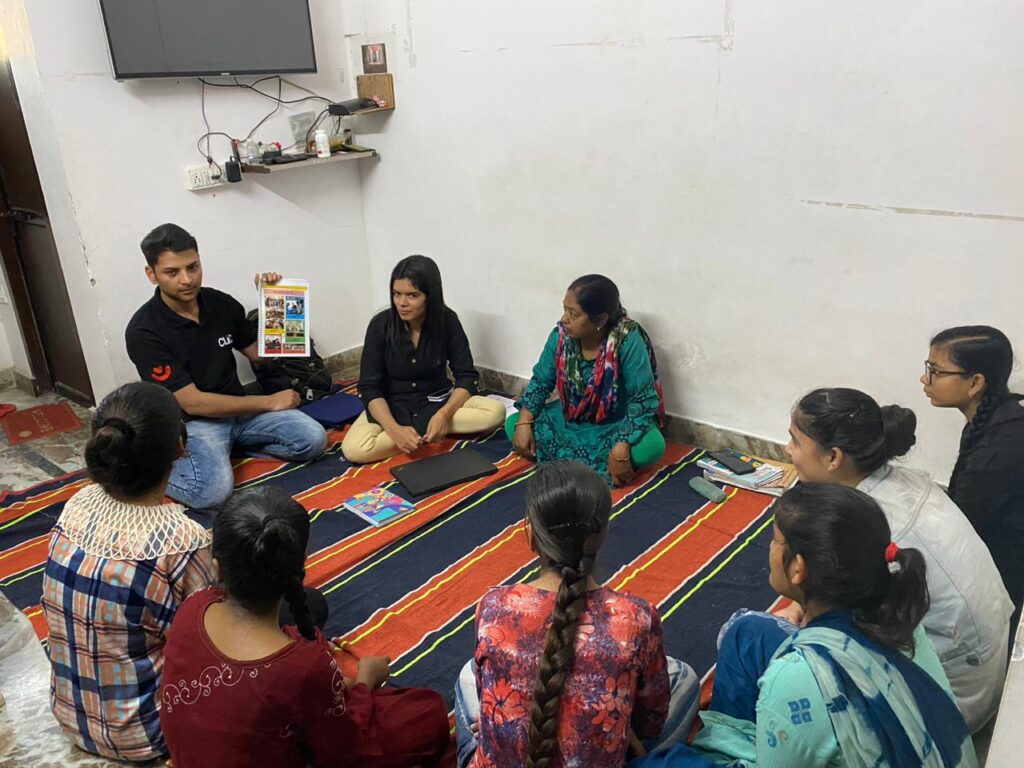
Battling The Document Dilemma: The Unseen Struggles Of Careleavers
Battling The Document Dilemma : The Unseen Struggles Of Care Leavers Meet Anuj, a young lad with dreams as big as the sky. But his



Life without a family is difficult to fathom for almost everyone who was raised in such a loving and caring environment. However, this is an unpleasant reality for millions of orphan children in India. Because of shortage of resources and the prevalence of poverty, this is a more common sight in rural and semi-urban areas.
Hello, my name is Natasha, and I spent my adolescent years in institutional care with 15 – 16 other girls whom I refer to as my sisters because this was the environment in which I was raised. With no biological parents, the institution of care in which I was raised became a place I could call home. I was lucky to grow up in a loving child care institution and environment where the emphasis was on receiving the greatest education and becoming self-sufficient. But that’s not a story of every child placed in institutional care.
Institutional care, such as orphanages or residential care facilities, can have significant hidden costs that affect children’s long-term well-being. While the institution may provide basic care and support to children who have experienced trauma, abuse, or abandonment, it also determines the effects on a child’s development and overall well-being.
One of the most significant hidden costs of an institutional care is the lack of individualized attention and care that children receive. In child care institutions , children do not have consistent caregivers, which negatively impact their emotional development and attachment styles. They lack the opportunity to form close relationships with adults and peers, leading to social and emotional difficulties later in life. Institutional care also leads to delays in cognitive and physical development. Children do not receive adequate nutrition, education, or healthcare, which can negatively impact their growth and development. They also experience high levels of stress and anxiety, which affects their ability to learn and thrive.
Furthermore, an institutional care leads to long-term difficulties in forming and maintaining relationships, finding employment, and achieving an independent living. Children who experience institutional care are more likely to experience homelessness, unemployment, and poverty in adulthood.
In conclusion, while an institutional care may provide a temporary solution to the immediate needs of children who have experienced trauma or abuse, it can have significant hidden costs that affect their long-term well-being. It is important to provide individualized, family-based care options, such as foster care or adoption, whenever possible, as these have been shown to have more positive outcomes for children. Additionally, it is crucial to prioritize investments in preventative services, such as family support and mental health services, to help prevent the need for institutional care in the first place.

Battling The Document Dilemma : The Unseen Struggles Of Care Leavers Meet Anuj, a young lad with dreams as big as the sky. But his

Creating Opportunities: Empowering Care leavers Through Digital Learning 12 September 2023 Hey guys, I’ve got some exciting news to share with you all! Have you

Design Thinking Workshop on Aftercare System in India 26 August 2023 Hello Readers, We are back with another blog which is about the event